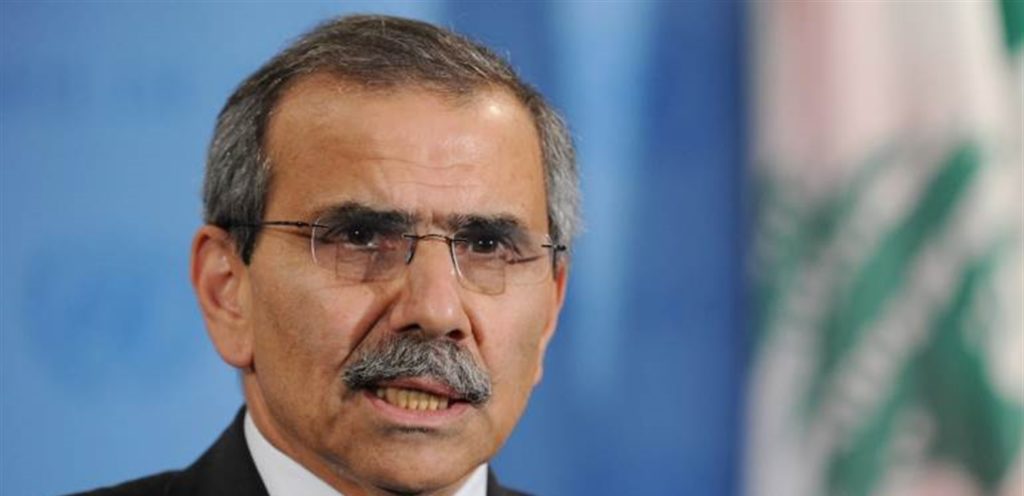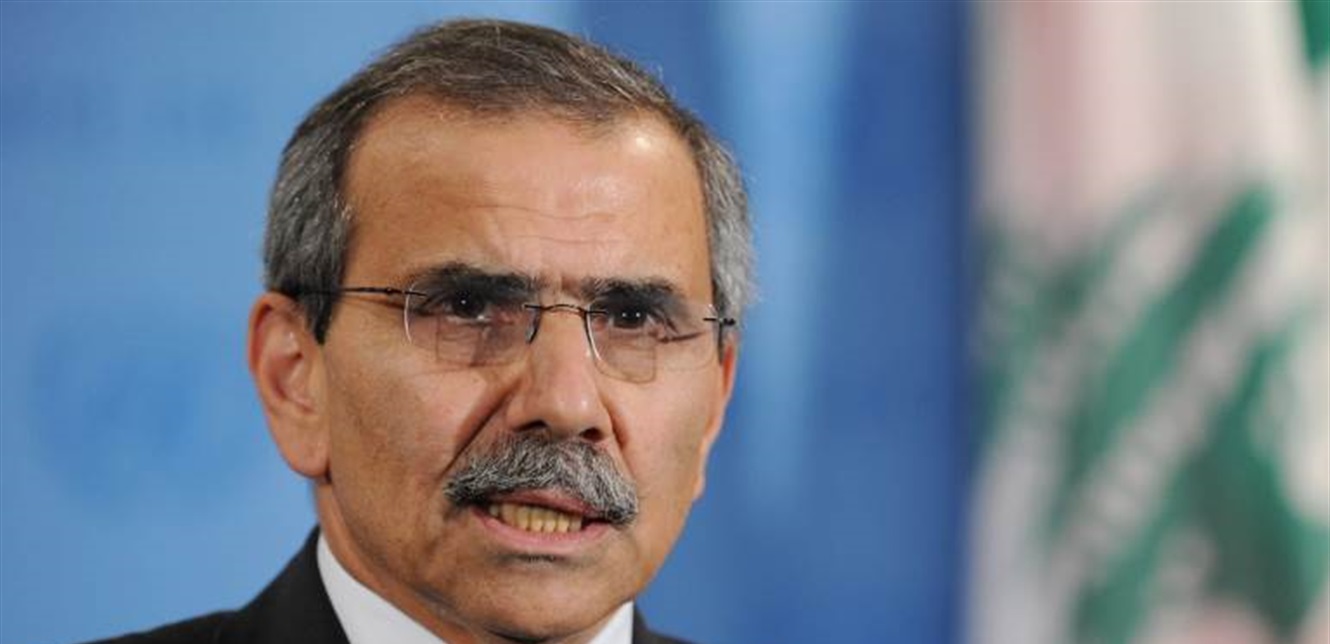
Former Lebanese ambassador to the United Nations declared the end of Lebanon’s economic model and called for discussing distributing the losses fairly before discussing how to rebuild the economy again
Nawaf Salam , the former Lebanese ambassador to the United Nations who is currently a judge at the International Court of Justice said in a television interview, that “the economic model that exists in Lebanon today has ended, and we have to discuss the fair distribution of the losses that the country has incurred before discussing how to rise again . He added: “There is more than one reform paper that has been drawn up to solve the situation in Lebanon, by an elite of Lebanese economists, and they are unanimous in the necessity of distributing losses fairly and developing a new vision in Lebanon, and this is possible.”
Salam explained that “the motto of the next government should be an independent government, and there are many independent people in Lebanon .
Judge Salam confirmed in his interview that he was not contacted by Hezbollah when it was named by some parliamentarians in Lebanon as a PM candidate to form a government, rejecting accusation by the party that he was the candidate of the United States of America to head the Lebanese government, noting that “the United States stood on his way to the International Court of Justice, andz’ I do not know from where Hezbollah spoke that I am America’s candidate for the Lebanese government.”z
The former ambassador of Lebanon to the United Nations expressed his lack of belief that “change in Lebanon may happen through revolutions or military coups, and stressed that the only path to democratic change is through fair elections,” stressing that no one should be above accountability.
Commenting on “the Taif Agreement , he said many articles were not implemented and some of the provisions were implemented in a distorted way.”
He pointed out that it was not implemented because a group tried to narrow it down to be satisfied with de-exclusivity, and another group wanted to go to a disguised federation, and federalism will not solve the problems facing the country today.”
He stressed that “the disassociation was a successful experience stressing that and we have an interest in being neutral in the polarization of the region .
More about Salam
Was elected on 9 November 2017 as judge on the International Court of Justice for the 2018-2027 term.
Holds a Doctorat d’Etat from Sciences-Po/Paris, a Doctorate in History from the Sorbonne and a Master in Law (LL.M) from Harvard University.
Lecturer at Sorbonne University, 1979—1981, research associate, 1984—1985. Visiting scholar Center International Affairs Harvard University, 1981—1982, visiting researcher Law School, 1989—1990. Associate Takla Law Offices, Beirut, 1984—1989.
Lecturer at American University, 1985—1989, part-time lecturer, 1992—2003, visiting associate professor political science, 2003—2005, associate professor political science, chairman political studies public administration department, 2005—2006. Foreign law consultant Edwards & Angell Counselors-at-Law, Boston, 1989—1992. Private practice attorney Beirut, 1992—2003.


Leave a Reply
You must be logged in to post a comment.